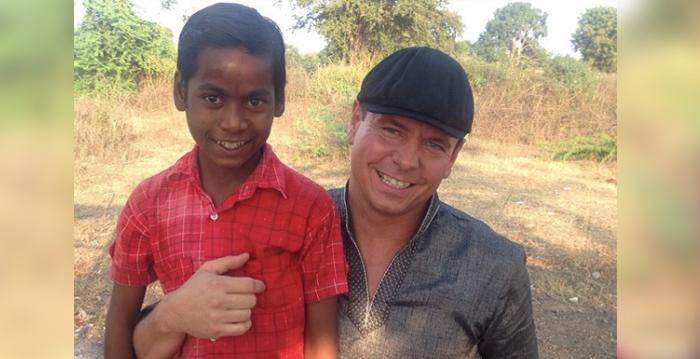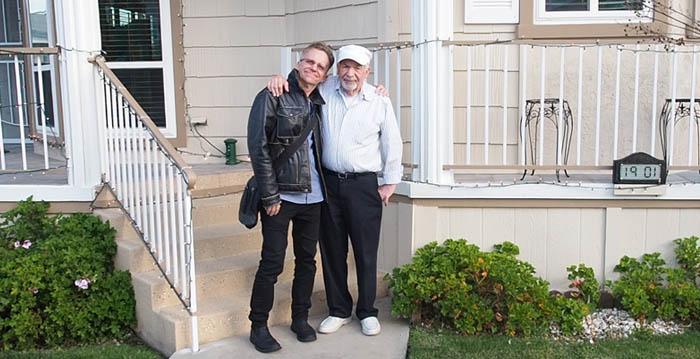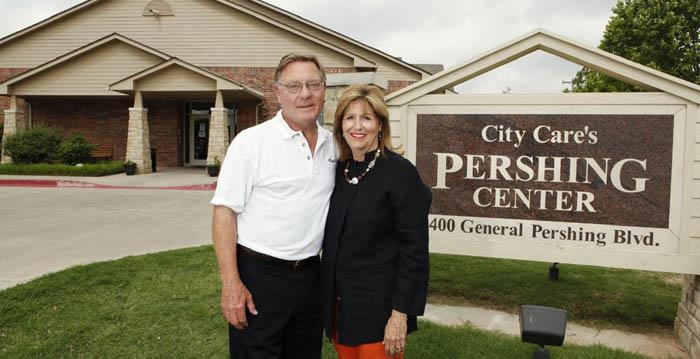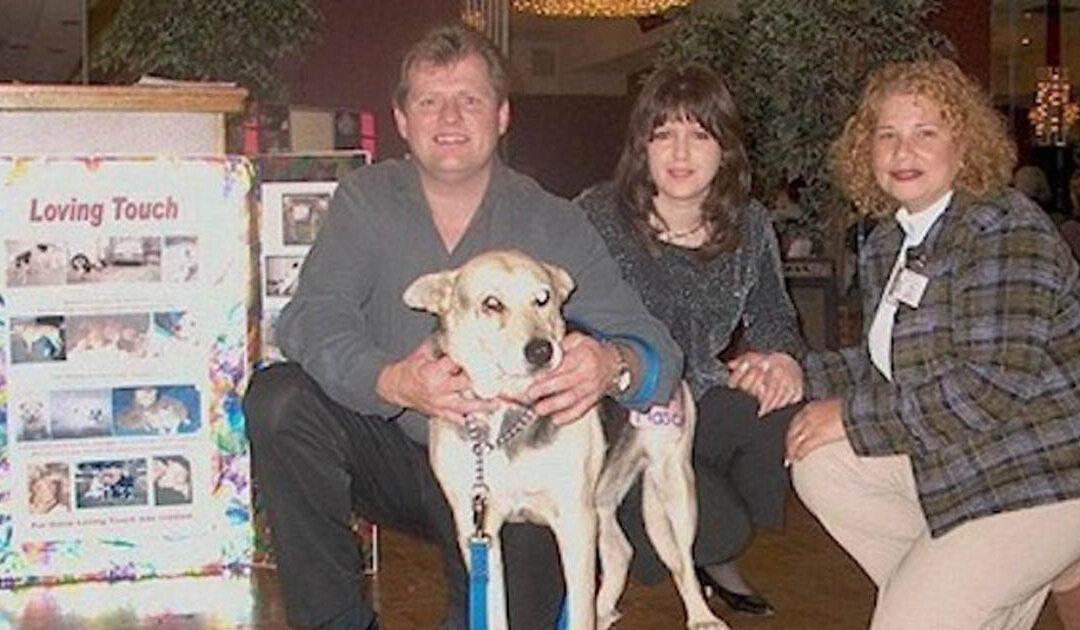For eight years, Jerry Hughes worked as an account executive for an advertising company called Infinity Direct in Minneapolis, Minnesota. He managed many big-name clients, including Macy’s and Caribou Coffee.

Jerry Hughes posing with the Mercedes-Benz he owned in his advertising days. Courtesy of Jerry Hughes





